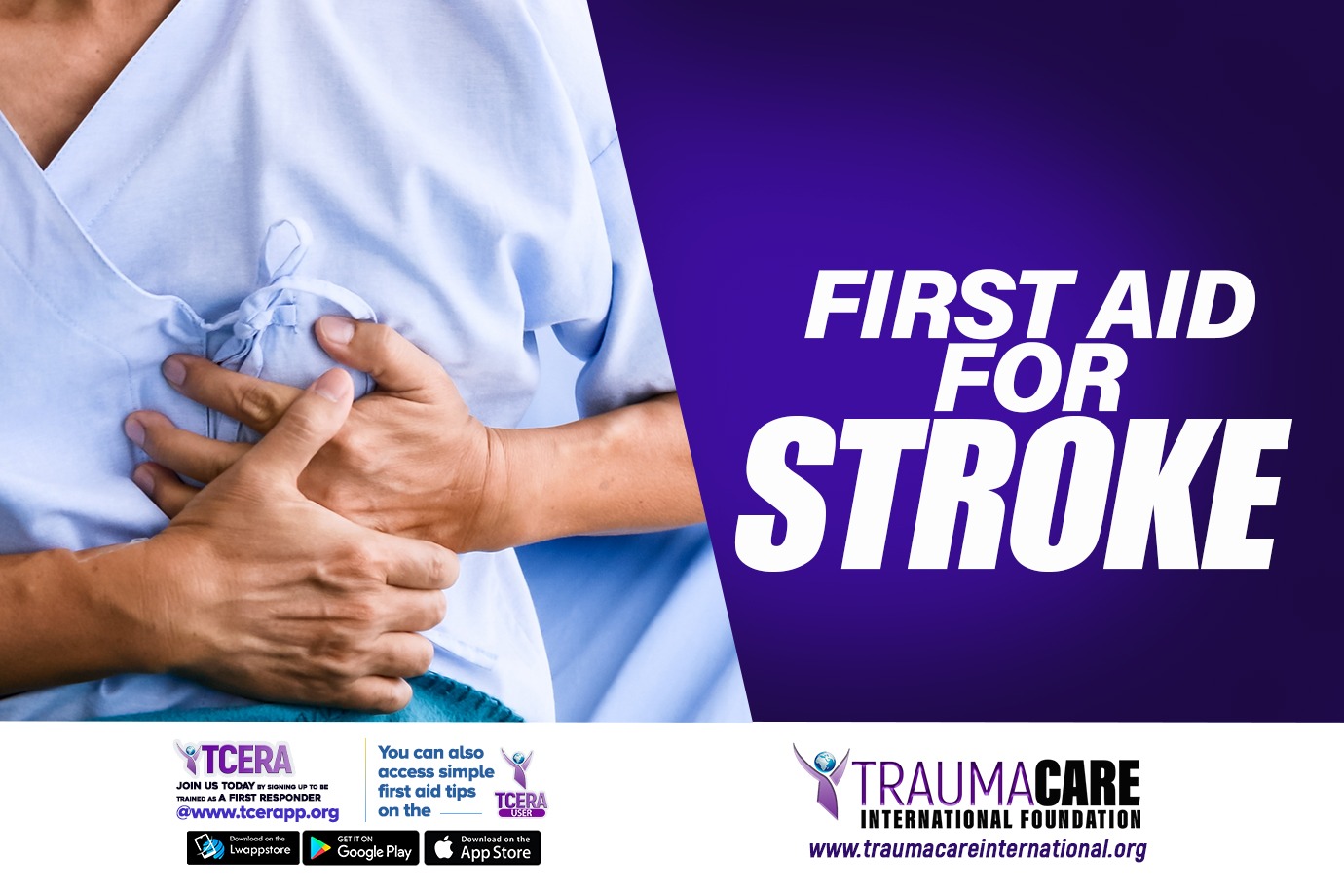The brain is the organ affected by a stroke and it controls key areas of our daily life such as our movement, memory storage, etc. The brain also controls vital functions of the body such as breathing and digestion.
It occurs when brain cells get damaged due to an inadequate supply of blood which occurs either due to a blockage in the blood supply to the brain or a blood vessel burst. This affects how much oxygen and nutrients the brain tissues can take up. It is important to take swift action of treatment to reduce brain damage as this may lead to other complications.
There are two types of strokes: hemorrhagic and ischemic strokes.
ISCHEMIC STROKE
An ischemic stroke occurs when blood clots or other particles block the blood vessels to the brain.
HEMORRHAGIC STROKE
A haemorrhagic stroke occurs when an artery in the brain leaks blood or ruptures. This can put on due pressure on the brain cells and cause damage.
TRANSIENT ISCHEMIC ATTACK
This is sometimes referred to as a “mini-stroke.” It is different from the other two types of strokes because blood flow to the brain is blocked for only a short time and function often returns to the affected parts within 24 hours.
SIGNS OF STROKE
To check for the symptoms of a stroke, it is important to use the FAST guideline.
Face: Does the face feel numb? Is it drooping on one side?
Arms: When asked to raise both arms, does one arm drop?
Speech: Check for slurred speech, Is the individual experiencing a speech difficulty?
Time: If the individual has any of the above signs, note the time the symptoms started and call the emergency number.
Other symptoms of stroke in people include Loss of balance, difficulty speaking and understanding, blurry sight, dizziness, weakness or seeming stiffness of the muscles, etc.
FIRST AID FOR STROKE
When symptoms of a stroke have been identified, the actions to take are:
- Call the emergency number in your locality or ask someone to make the call.
- Make sure the surrounding is free from the danger that can further harm the casualty.
- Check if the airway is clear.
- Confirm if he or she is conscious and responsive, if not, begin CPR.
- While waiting for the emergency team, keep them warm by using a blanket.
Would you like to learn more about first aid for other emergencies?
Download the TCERA app today, sign up and use the learn first aid feature.
The application is available on the Loveworld Appstore, Google play store and Apple store.
TCERA, giving you access because every life counts.
For more information;
Call: 0808 678 3416 or 0808 584 9338
Email: blooddrive@traumacareinternational.org,
programs@traumacareinternational.org CLICK HERE TO SIGN UP
Download the TCERA user app today.
https://bit.ly/tceraAndroid
https://bit.ly/tcera-IOS





What do you think?
0 Responses
To Comment, you must Sign In
Be the First to Post on this Topic